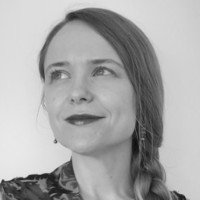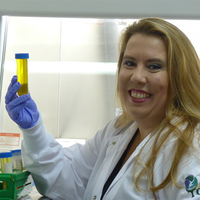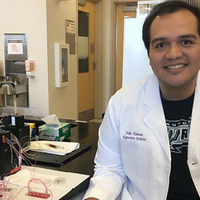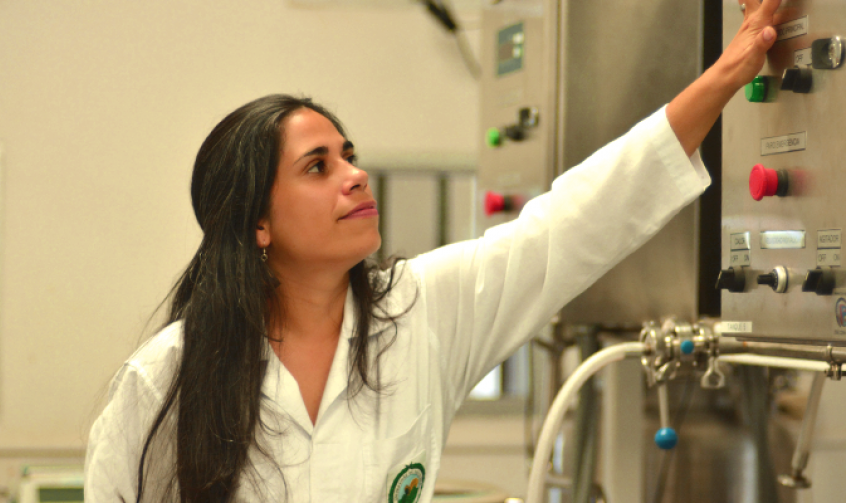"The benefits of blood plasma are increasingly well known. Some of its proteins, such as immunoglobulin and albumin, are used during surgery and can also be used to treat immune disorders, inflammatory diseases, hypoglycemia, malnutrition and much more. But the methods for separating the different components of plasma (also known as fractionating) are fairly inefficient. The most common, the Cohn process, dates back to World War II and is very expensive, which limits its use in low-resource countries. To address this situation, Mariángela Vargas has designed an innovative method which fractionates the plasma more cheaply and efficiently, and this discovery has led to her recognition as one of MIT Technology Review, Spanish Edition´s Innovators Under 35 Central America 2016.
The Cohn process uses ethanol to precipitate proteins. During the entire process, the plasma must be maintained at a temperature of -5 °C, which leads to elevated refrigeration costs. Thanks to the support of the Clodomiro Picado Institute at the University of Costa Rica, Vargas has created a procedure aimed specifically at extracting immunoglobulin and albumin which consists of a system of aqueous phases which allows the elements to remain at room temperature and fractionates the plasma more efficiently. The young innovator explains: ""We also use another method to purify the fractions in order to obtain a higher quality, better performance and lower costs.""
The project is currently in the pilot phase. Applying this process on a national scale would require a pharmaceutical plant of at least 3,000 square meters and a budget of approximately 5.5 million euros. In Vargas´ home country of Costa Rica, her initiative has already gained the support of the Costa Rican Social Security Fund, which will provide blood from voluntary donations and will receive the extracted proteins in return. ""Part of the funds will be provided by the University of Costa Rica and we are evaluating whether to establish another public trust to complement those funds,"" Vargas adds.
""Since the costs could be lower than the current price offered by international pharmaceuticals"", Vargas´ method ""will generate great impact"", both in Costa Rica as well as in other South American and Asian countries, according to the director of innovation and research and development at Laboratorios Biolinks and jury member for the Innovators Under 35 Central America 2016 awards, Ysabel Montoya."




